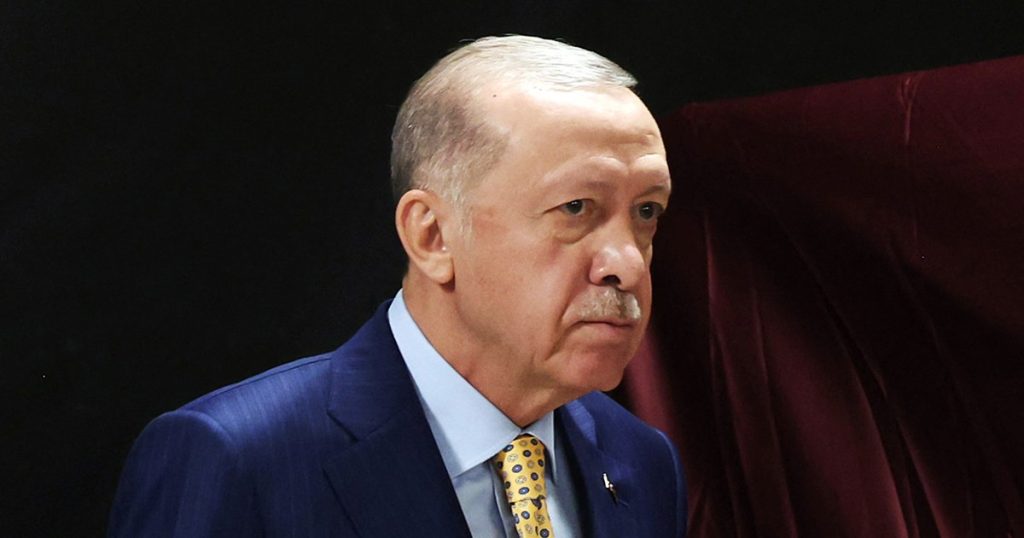In recent elections in Turkey, the opposition Republican People’s Party (CHP) scored significant victories, with Ekrem Imamoglu winning the mayoral race in Istanbul and Mansur Yavas winning in Ankara. Imamoglu had a substantial lead over his AKP challenger Murat Kurum, while Yavas trounced his opponent. These wins marked a shift in the political landscape and were seen as a significant defeat for President Recep Tayyip Erdogan and his ruling party, the AKP. Analysts attributed the opposition’s success to economic strains, including high inflation and slow growth, which led voters to seek change.
Imamoglu’s victory in Istanbul was particularly significant as it ended 25 years of AKP rule in the city, including Erdogan’s own tenure as mayor in the 1990s. The election results also showed that the CHP led nationwide by almost 1% of the votes, a first in 35 years. This strong showing signaled a potential shift in the Turkish political landscape, with Imamoglu emerging as a formidable challenger to Erdogan. Despite the collapse of the opposition alliance that failed to topple Erdogan in the previous year, Imamoglu was able to secure a second term as mayor.
In addition to the economic issues, rising popular support for the Islamist New Welfare Party, which took a hardline stance against Israel over the Gaza conflict, also impacted AKP support. The party’s shift to a more conservative stance alienated some voters, contributing to the AKP’s losses in key municipalities. Within the Kurdish community, DEM, the main pro-Kurdish party, reaffirmed its strength, winning 10 provinces. Despite the government’s past efforts to replace pro-Kurdish mayors with state-appointed officials over alleged militant ties, the party continued to show strong support in the southeast.
Violence marred the election day, with incidents in the southeast resulting in casualties and injuries. Clashes between groups armed with guns, sticks, and stones led to fatalities and further highlighted the tensions in the region. In another incident, a neighborhood official candidate was killed, and several others were wounded in a fight. These instances of violence underscored the challenges facing the country and the importance of maintaining stability and security during the electoral process.
Looking ahead, supporters of Imamoglu expressed their desire to see him challenge Erdogan for the presidency in the future. The mayor’s popularity and success in the recent elections have positioned him as a potential rival to the long-standing leader. As Turkey grapples with economic challenges and political shifts, the results of the local elections signal a changing dynamic in the country’s politics. While Erdogan and the AKP faced significant setbacks in this round, the future remains uncertain as various political forces vie for power and influence in Turkey.


